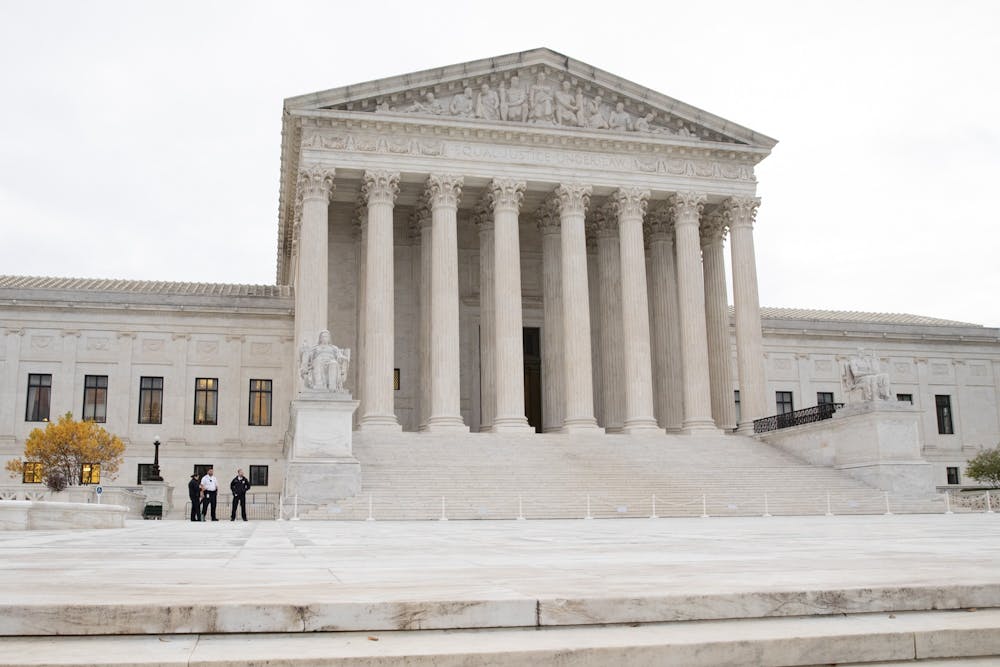On Dec. 7, the U.S. Supreme Court will hear oral arguments in Moore v. Harper, a case that resulted from what lower courts saw as unconstitutional partisan gerrymandering by the North Carolina General Assembly and that could impact the future of redistricting across the country.
This redistricting process, done every decade to account for the population changes found through the U.S. Census, has been ongoing for the entire year after a case in February determined the previously-drawn maps were a partisan gerrymander.
The appellants, including the Speaker of the N.C. House Rep. Tim Moore (R-Cleveland), have argued that a clause in the U.S. Constitution — Article 1, Section 4, Clause 1 — gives the N.C. General Assembly complete power over running elections in the state. Therefore, they say, state courts cannot intervene in the redistricting process.
The appeal to the U.S. Supreme Court came about a month after the February case, Harper v. Hall, was decided by the N.C. Supreme Court.
In that decision, the court forced a redrawing of the state's General Assembly and congressional districts because they constituted an illegal partisan gerrymander and infringed upon voters' rights.
The court also ruled that the state's maps violated the free speech and freedom of assembly clauses in the N.C. Constitution because they impeded protected political activity.
"(North Carolinians) are represented by legislators who are able to entrench themselves by manipulating the very democratic process from which they derive their constitutional authority," Justice Robin Hudson wrote in the opinion. "Accordingly, the only way that partisan gerrymandering can be addressed is through the courts, the branch which has been tasked with authoritatively interpreting and enforcing the North Carolina Constitution."
A brief filed by the National Republican Redistricting Trust, the organization that coordinates the GOP’s national redistricting effort, said the decisions in Harper v. Hall and NAACP v. Moore have shown a "dangerous trend" of the N.C. Supreme Court limiting the legislature's power.
The court's ruling in NAACP v. Moore limited the power of the state's legislature to amend the state constitution because the court found its legislative map was racially gerrymandered.




